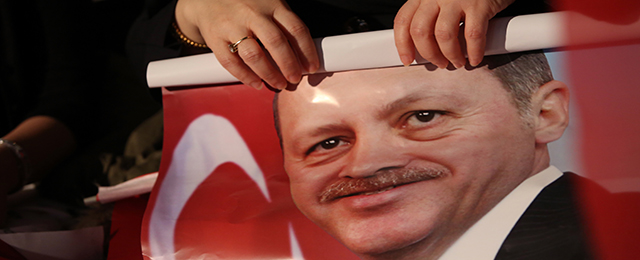In the opinion of Neil Dwane, global strategist at Allianz Global Investors, Turkey, confronted by growing structural challenges, especially the latest Lira crisis, needs a stronger response based in stricter fiscal and monetary policy, and a less confrontational foreign policy:
“The evolution of the situation will depend on whether the Turkish authorities introduce the “correct measures” to rebalance growth, front up to the macroeconomic imbalances and recover investor confidence. To do this, Turkey needs a strong macroeconomic response. Generally, in times of stress in the balance of payments, a country will turn to the IMF to seek financial support and possibly even to confirm the direction of its economic policy. Unless there is a complete change in the intentions of the Turkish government, there are no signs this will happen.
Given the low level of savings in Turkey and its dependence on foreign capital for its model of growth, the possibility of capital controls has always been discounted. However, recent events – and the refusal of the authorities to take the necessary measures – increase the probability that restrictions will be imposed on the purchase of currency, at least temporarily. We foresee three posible scenarios:
- The government and the Turkish central bank could impose a stricter monetary and fiscal policy, together with a less confrontational foreign policy to support the Lira, restore the credibility of those responsable for taking monetary and fiscal decisions and manage a rebalancing of the economy. If this happens, Turkey could experience slower growth in the short or medium term (soft landing), but avoid a recession (hard landing).
- If monetary and fiscal policy remains too flexible, it is probable that the Lira will depreciate even more to adjust the deficit on the current account. This would impact even more in the balance sheets of the corporative and banking sectors. In this scenario it is more probable that the Turkish economy would enter recession, which would damage earnings expectations the performance of Turkish asset prices.
- The worst scenario would be if Turkey faces a sudden interruption in capital flows. This would cause even greater pressure on the Lira and a declining déficit in the current account resulting from a contraction in imports, which would lead to an economic depression.
Turkey faces a large number of challenges to overcome in the short and medium term, and the response of its government is decisive. Even if the situation remains delicate, the announcement of the “new economic model” is a move in the right direction. However, to restore the credibility of the Turkish authorities, these announcements should be accompanied by concrete actions. Without prejudice to this, the investors can see pronounced reductions in incomes and a greater level of risk. Combined with the current confrontation with western countries, this could exhaust capital flows in Turkey.
The situation confronting Turkey recalls the “taper tantrum” of 2013. The Fed´s announcement that it would reduce its programme of asset purchases provoked wide volatility in the market, especially in emerging markets. For the five fragile markets affected in that momento, today we could add countries like Argentina, Chile, Colombia and Russia, whose high levels of dollar denominated debt make them vulnerable to the Fed´s quantitative adjustment and higher interest rates in the US. Combined with the more vigorous agenda of President Trump, the tensions and volatility could remain for some time.





